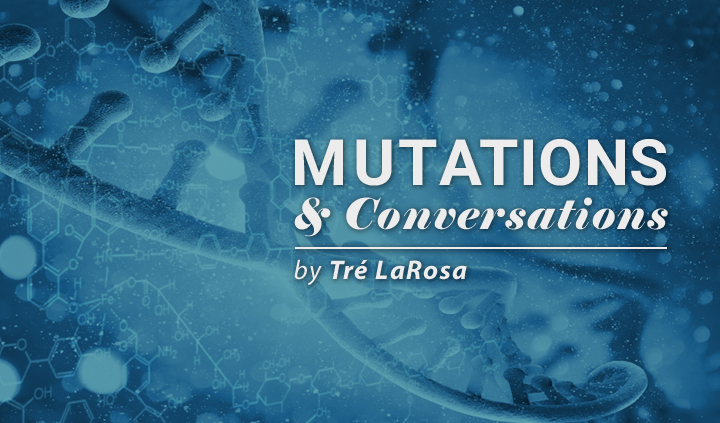Chronic Pain, Depression, and Anxiety in the CF Community
Written by |

We need to come to grips with a problem deeply affecting the cystic fibrosis community. It’s an issue that we don’t talk about much: chronic pain and its relationship to depression and anxiety.
It’s a multifaceted subject: Not only are rates of depression and anxiety higher in people with cystic fibrosis, but caregivers also experience these conditions at higher than average rates. Compared to community samples, people with CF and their parent caregivers were two to three times more likely to report depression, according to a 2014 study.
It seems logical that people with chronic diseases are more likely to be depressed or anxious. People with CF are sick more often, we’re in pain much of the time, and we deal with mental anguish in the form of a shortened life expectancy. We know that our health takes its toll on those around us. I don’t think it’s that simple, though. I’ve written about a concept called the “hedonic treadmill” and the resiliency of the human spirit.
The complexity of this issue cannot be overstated. Chronic depression, anxiety, and pain are serious issues plaguing the cystic fibrosis community. But simply treating them with medications — anxiolytics, antidepressants, and painkillers such as narcotics — is not enough. We need to tackle the causes.
Treatment with medications is a reactionary approach. What can we do to prevent or reduce symptoms before they begin to wreak havoc? Before I propose solutions, I need to state that I am not a psychologist or licensed in any mental health specialty. But I am a patient with a strong science background. To move the needle on topics like this, I believe we need to generate discussion and explore why these issues are so rampant.
Based on my experience with depression and anxiety, they aren’t exclusively related to my physical challenges with CF. I’ve been dealing with CF for almost 26 years. But other challenges related to CF have an impact, such as dealing with insurance companies, worrying about paying for my medicines, knowing that if I get sicker I may have to quit my job to get back on Medicaid, and managing time off work for appointments.
The issues with CF aren’t just physical, they are mental, too. They include how we deal with our routines being interrupted by our health and our overly busy routines affecting our health. They entail knowing that our physical decline could begin earlier than expected and affect our ability to earn an income. They include the need to do something that gives our lives meaning. If we continue to treat these issues by looking at lagging markers — intrusive thoughts, panic attacks, daily pain — we won’t make things any better.
I realize that preventing pain, depression, and anxiety is not a simple or small task. It’s a fairly Herculean endeavor, and I’d never pretend that it’s easily overcome. But we need to discuss these issues and acknowledge the genuine concerns that affect the community. The way we talk about disability in the U.S. can often make disabled people feel worthless or undeserving of a chance for a meaningful life or upward economic mobility.
One of the best things we can do is begin talking more openly about these issues. It’s a good thing if healthcare teams give patients a chance to talk about this in a welcoming space. It’s even better if they address these issues before they become toxic subjects exacting a harsh toll on patients. It’s better still if children are included in these discussions, and patients are given a space to propose practical solutions.
We have a long way to go before we reduce the rates of depression, anxiety, and pain in disabled communities, but that shouldn’t stop us from trying or beginning to talk about the real issues. Each additional minute we spend talking about it or sharing our experiences goes toward a better future for our community.
Follow along with my other writings on my humbly named site, trelarosa.com. You can also subscribe to my newsletter at trelarosa.substack.com.
***
Note: Cystic Fibrosis News Today is strictly a news and information website about the disease. It does not provide medical advice, diagnosis, or treatment. This content is not intended to be a substitute for professional medical advice, diagnosis, or treatment. Always seek the advice of your physician or other qualified health provider with any questions you may have regarding a medical condition. Never disregard professional medical advice or delay in seeking it because of something you have read on this website. The opinions expressed in this column are not those of Cystic Fibrosis News Today, or its parent company, Bionews Services, and are intended to spark discussion about issues pertaining to cystic fibrosis.







Leave a comment
Fill in the required fields to post. Your email address will not be published.